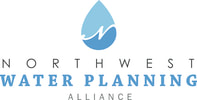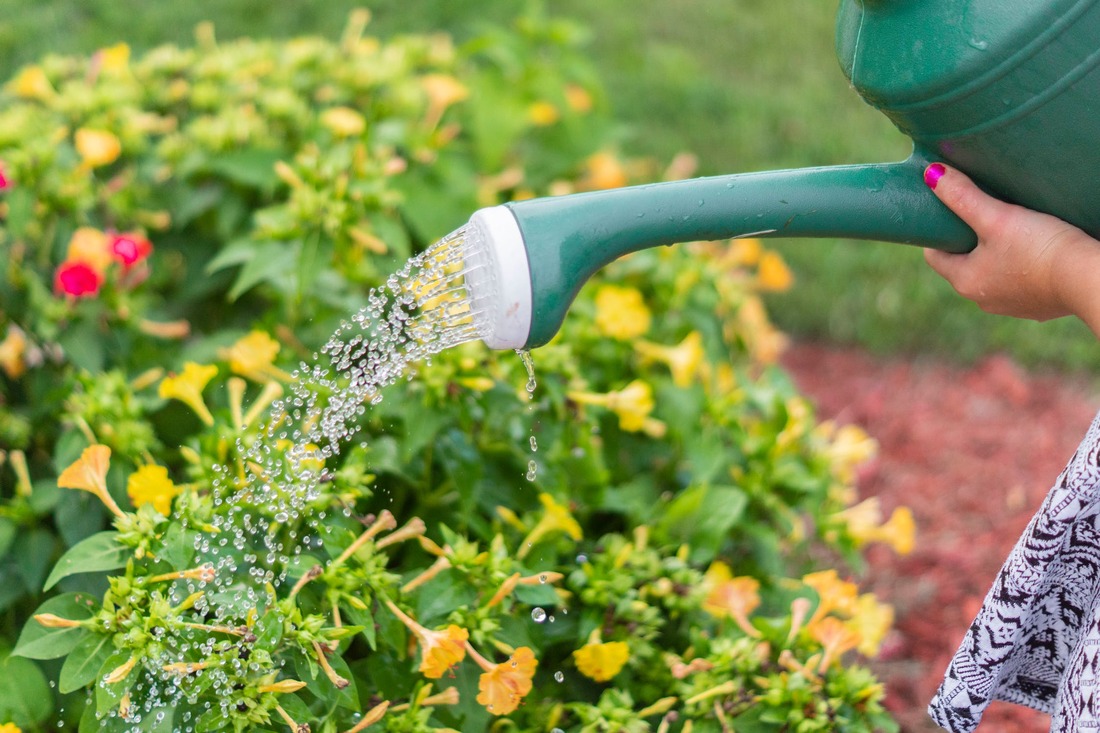|
While northeastern Illinois borders Lake Michigan and many communities enjoy access to Great Lakes water, the majority of the NWPA region relies on groundwater and the Fox River for its drinking water. Managing water use, especially outdoor water use, is essential to ensure the long-term sustainability of the NWPA region’s water resources.
Watering your lawn can account for nearly 30 percent of a household’s total water use, which tends to increase in the summer months. Outdoor water conservation can play a key role in reducing water use and promoting a more sustainable approach to lawn and garden care. To help communities reduce outdoor water use, the NWPA created a regional lawn watering ordinance that provides guidance on outdoor water conservation. Key elements of the ordinance include:
The ordinance provides an opportunity to promote collective action that cuts back on nonessential water use. Taking steps to conserve water outdoors can help protect the region’s long-term water supply for future generations. Learn more about NWPA’s outdoor water conservation resources here. |
ABOUTThe latest updates page features posts about issues affecting NWPA member communities and best practices, drawing on interviews and conversations with experts. Archives
July 2024
Categories
All
|

